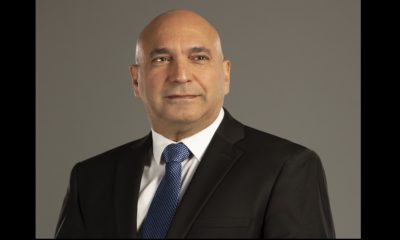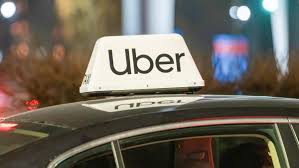Archive
What Marketers Need to Know About China's Super-Rich
And when it comes to children: “Ninety percent of the super-rich are looking to send their children overseas (for education), almost like finishing school. The U.S. and U.K. are market leaders,” Mr. Hoogewerf said. Marketers have an opportunity to influence wealthy Chinese through their children, especially as the families are increasingly buying properties and investing overseas.
-

 Businessuite Markets2 weeks ago
Businessuite Markets2 weeks agoThe Strategic Importance of Investor Communication and Recommendations for Caribbean Listed Companies
-

 Businessuite News242 weeks ago
Businessuite News242 weeks agoSagicor Group Jamaica Announces Organisational Changes to Support Business Growth
-

 Leadership Conversations5 days ago
Leadership Conversations5 days agoWhy Some CEOs Resist the Concept of Buy-In
-

 Businessuite Markets2 weeks ago
Businessuite Markets2 weeks agoSeprod’s Strong 31.9% Revenue Growth Tempered by Higher Finance Costs from Regional Expansion
-

 Logistics & Transportation2 weeks ago
Logistics & Transportation2 weeks agoUnilever Caribbean’s Strategic Shift: Embracing Outsourced Logistics for Enhanced Efficiency
-

 Businessuite Markets2 weeks ago
Businessuite Markets2 weeks agoKingston Properties Reports Robust Q1 Growth in Core Revenues and Net Income
-

 Businessuite News24 International3 weeks ago
Businessuite News24 International3 weeks agoUber Introduces Route Share: A New Chapter in Affordable, Shared Mobility
-

 Businessuite Markets2 weeks ago
Businessuite Markets2 weeks agoUnilever Caribbean’s New Distribution Model Marks Key Strategic Recalibration Amid Market Challenges











